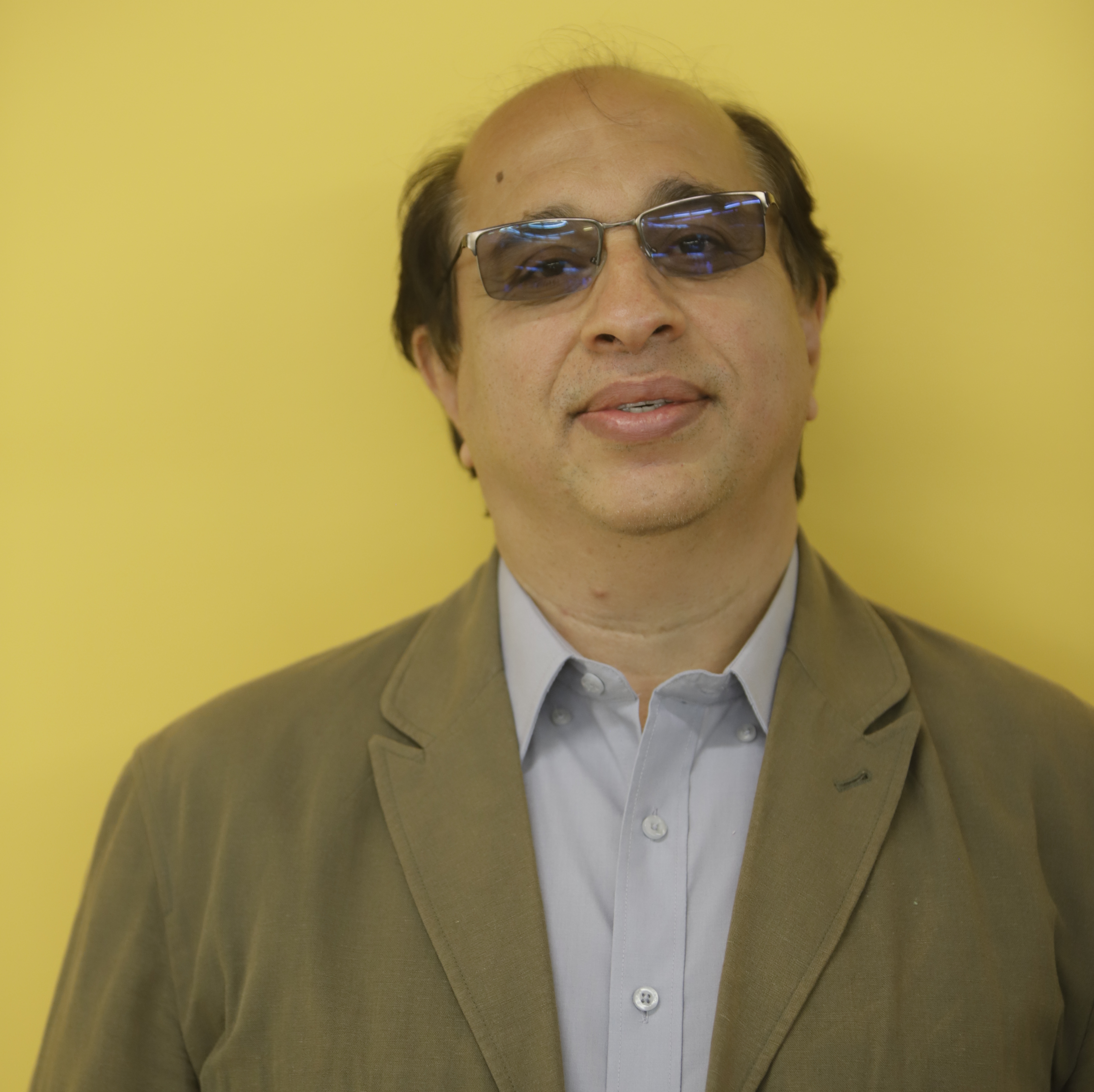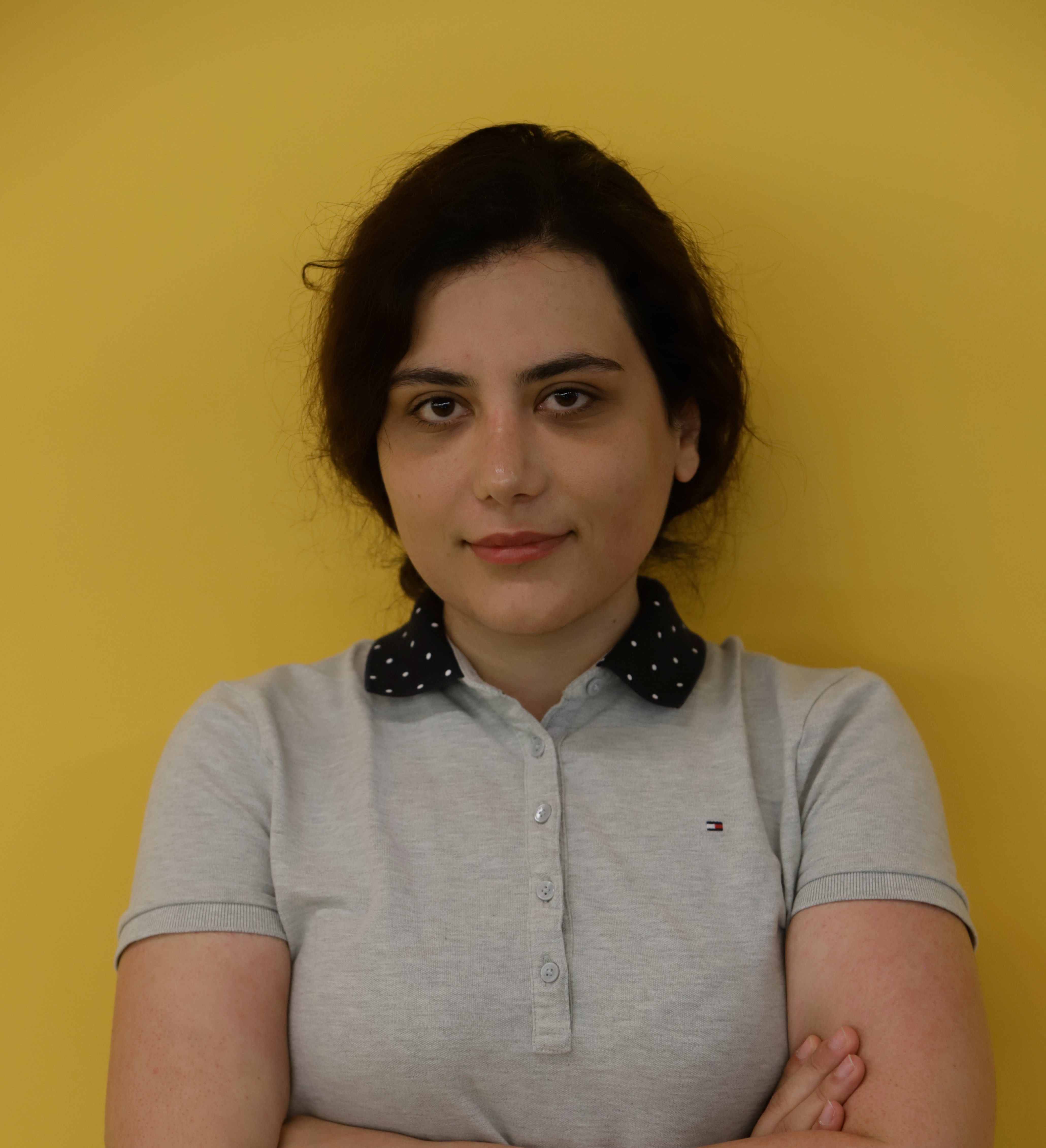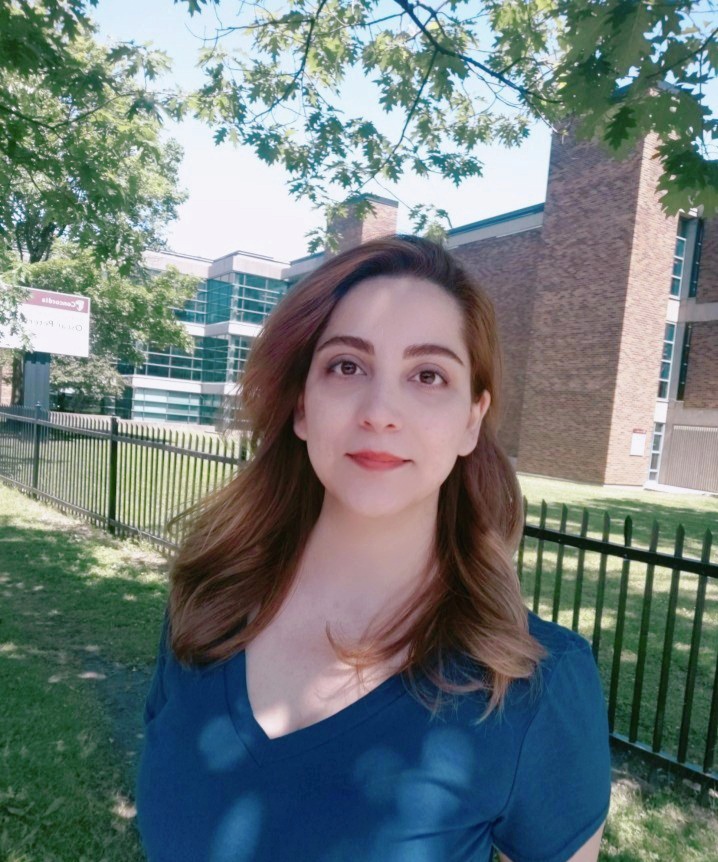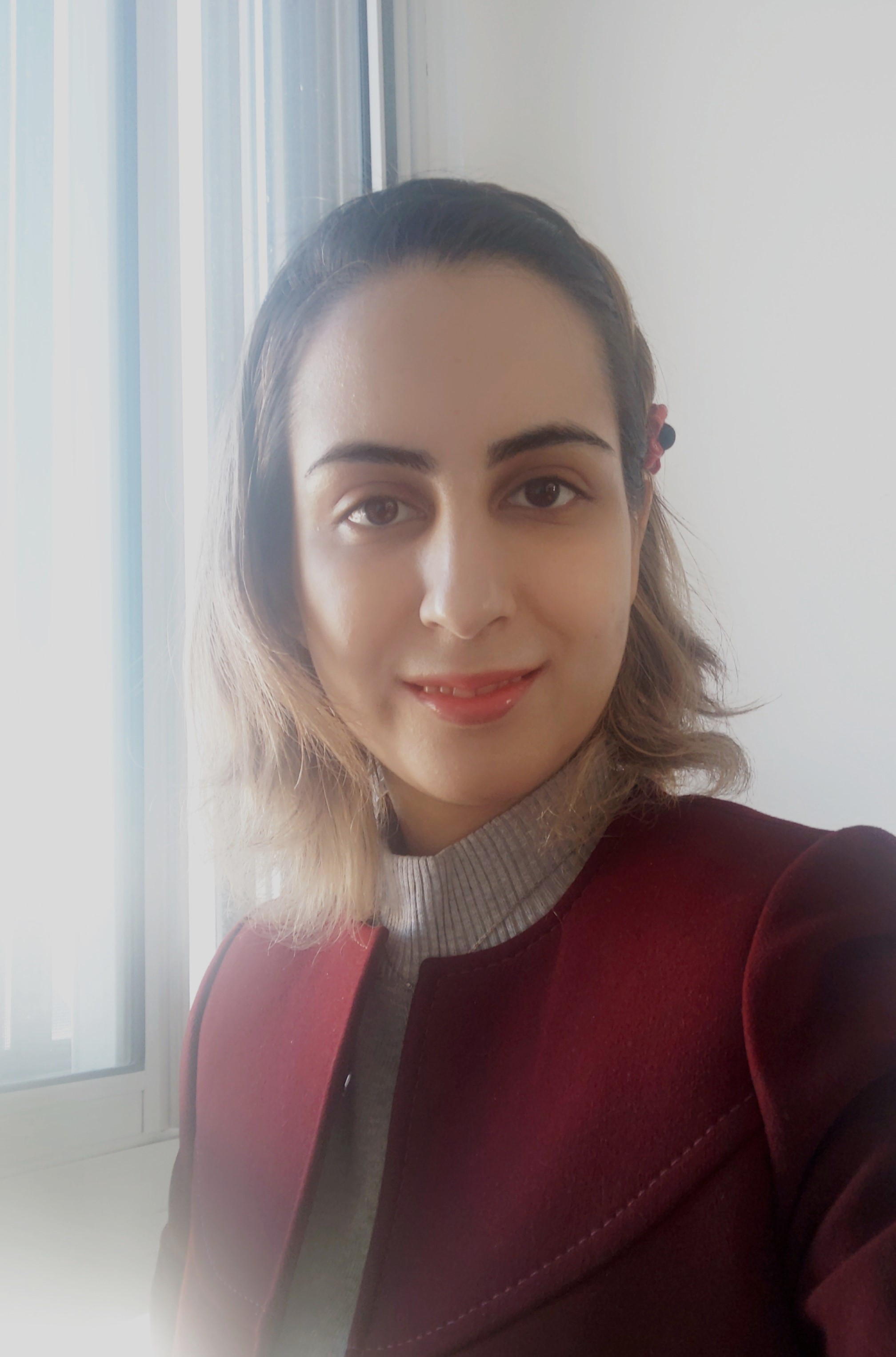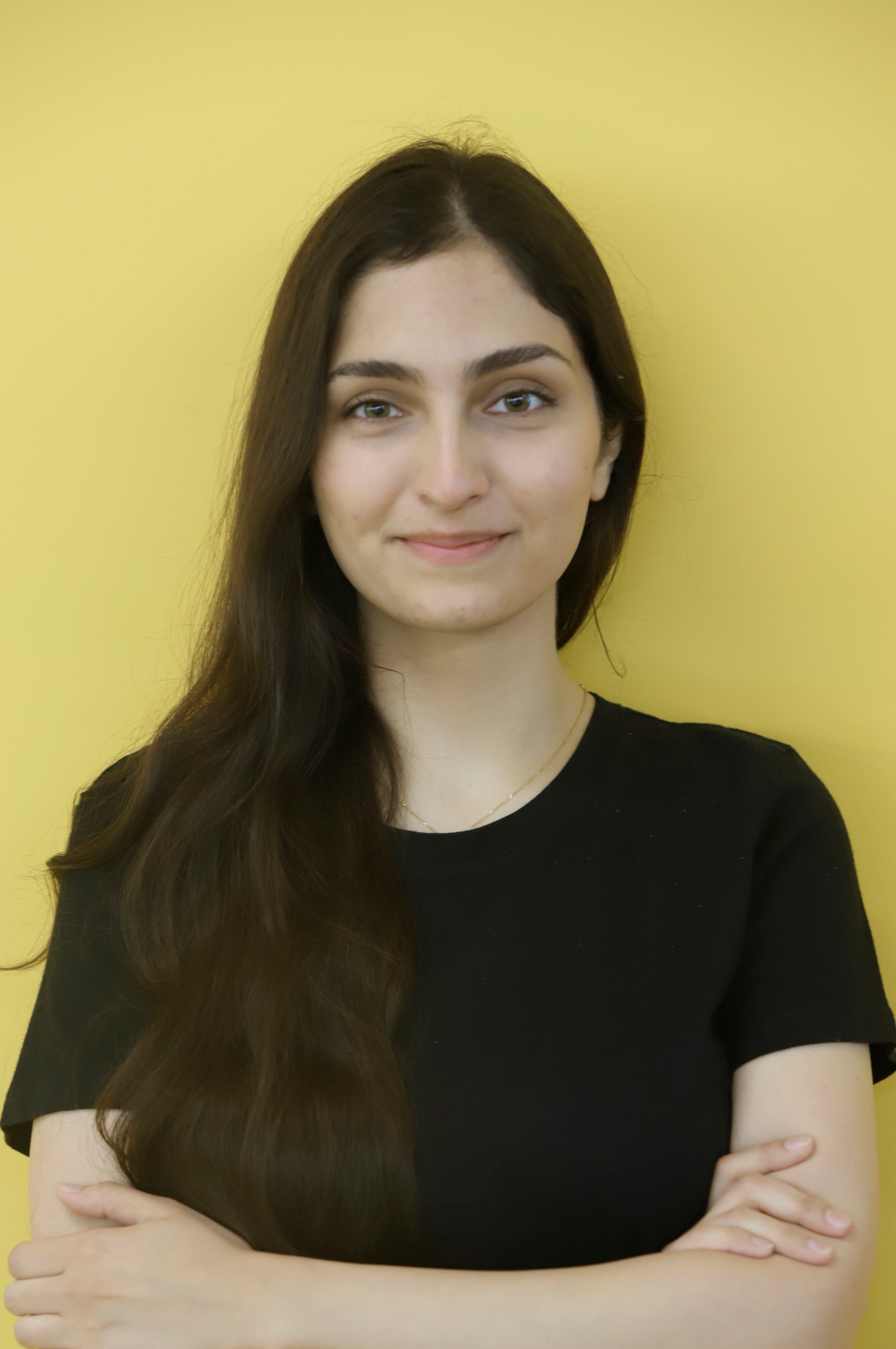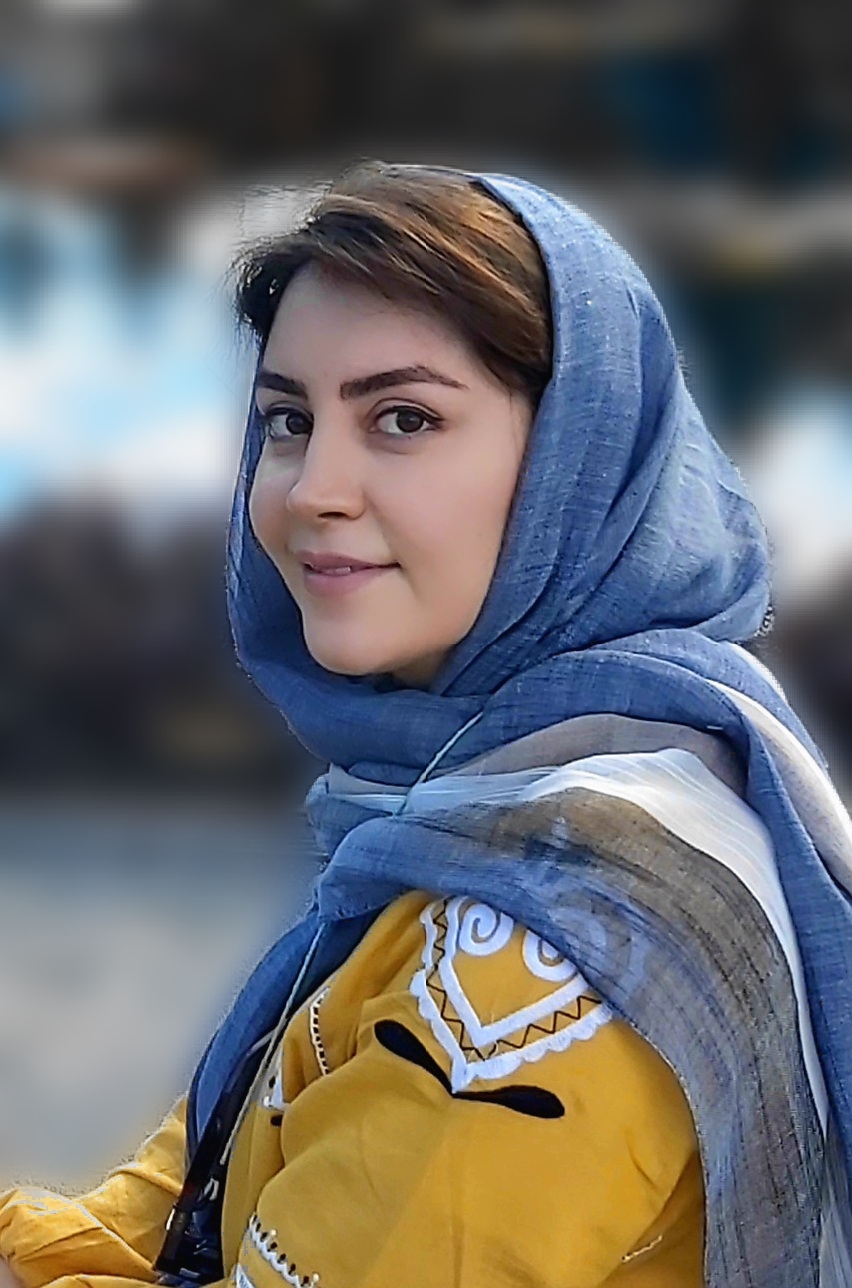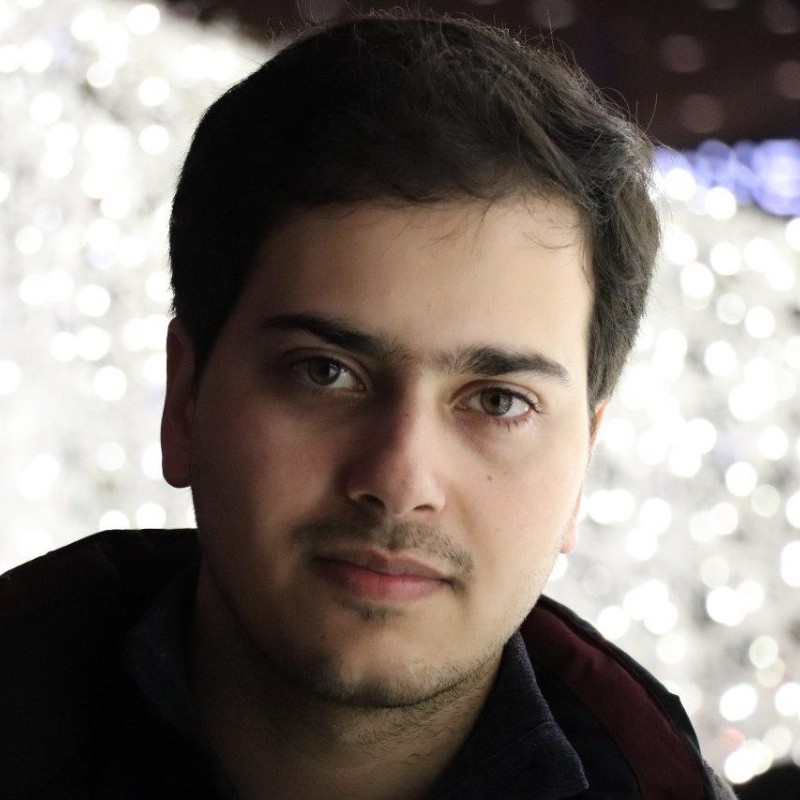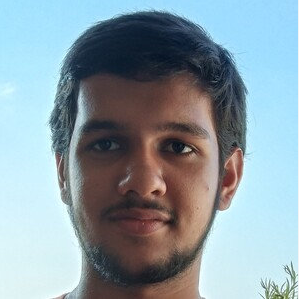About us

Habib Benali, PhD
PI & Lab Director, Professor, Department of Electrical and Computer Engineering, Canada Research Chair in Biomedical Imaging and Healthy Aging, Member Applied AI InstituteThe research interest of Prof. Benali is motivated by innovative and valid methodological approaches to studying normal aging and pathological processes in the context of a variety of neurological conditions representing critical public health issues. It develops an integrated biomedical approach, ranging from the basic mathematical modelling of the brain's anatomo-functional circuits and their normal and pathological dynamics to the physiological model of brain activity observed by neuroimaging tools allowing us to translate models from normal aging to clinical populations.

Elkaïoum Moutuou, PhD
Research AssociateDr. Moutuou's research interests focus on the mathematical foundations of Network Neuroscience. He has used concepts from Algebraic Topology, Algebraic Quantum Mechanis, and Complex Systems to develop a novel mathematical framework and computational tools for analysing the topology and dynamics of the anatomo-functional networks of the human brain activities.
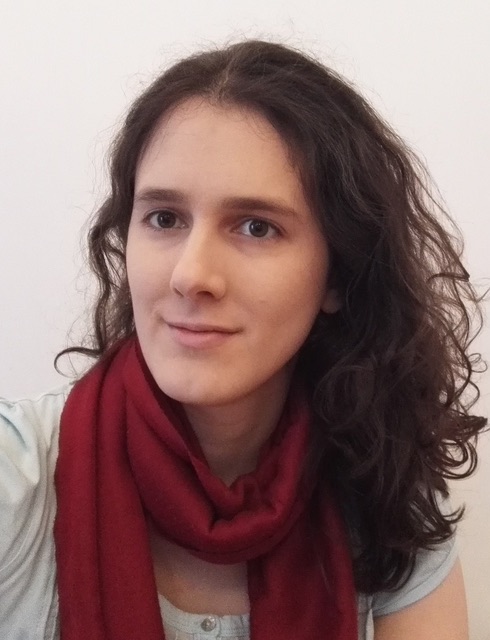
Laetitia Jeancolas, PhD
Postdoctoral Researcher & Lab coordinatorDr. Jeancolas main project, done in collaboration with Paris Brain Institute (ICM) and IM2A, focuses on multimodal predictive modeling of Alzheimer’s disease (INSIGHT cohort). Specifically, Laetitia studies the neurovascular coupling in participants with subjective memory loss. She is also specialized in the analysis of voice impairments in neurodegenerative diseases and their use for automatic and early detection and disease monitoring. Her research interests are wide-ranging, – centering around the use of signal processing, machine learning and neuroimaging techniques for the early detection of neurodegenerative diseases and the understanding of their mechanisms.
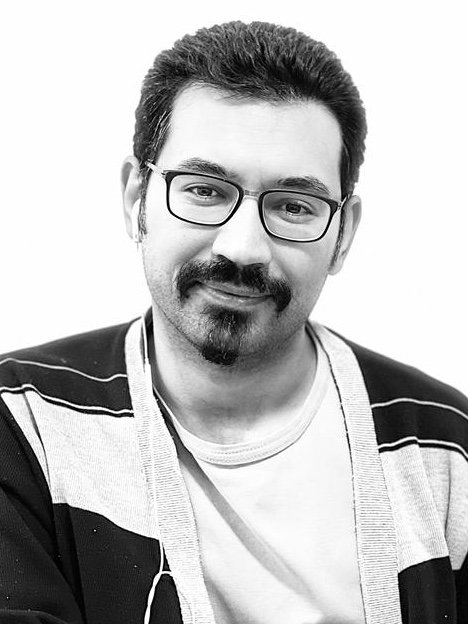
Arsalan Rahimabadi, MSc
PhD candidateArsalan Rahimabadi is a Ph.D. candidate in the Electrical and Computer Engineering Department at Concordia University. His current research is focused on modeling tauopathy progression in the brain. He has expertise in dynamical systems analysis, pathological nonlinear systems, modeling, identification, control theories, and fault detection and isolation methods.

Bahar Moadeli, BSc
Master’s StudentI am a MASc student under the supervision of Dr. Habib Benali. My research focuses on analyzing resting-state fMRI data to investigate the relationship between brain glutamate levels and motor-related neural activity patterns. By integrating multimodal neuroimaging data, I aim to explore how fluctuations in glutamate concentration are reflected in BOLD signal dynamics, particularly in brain regions involved in motor memory consolidation.
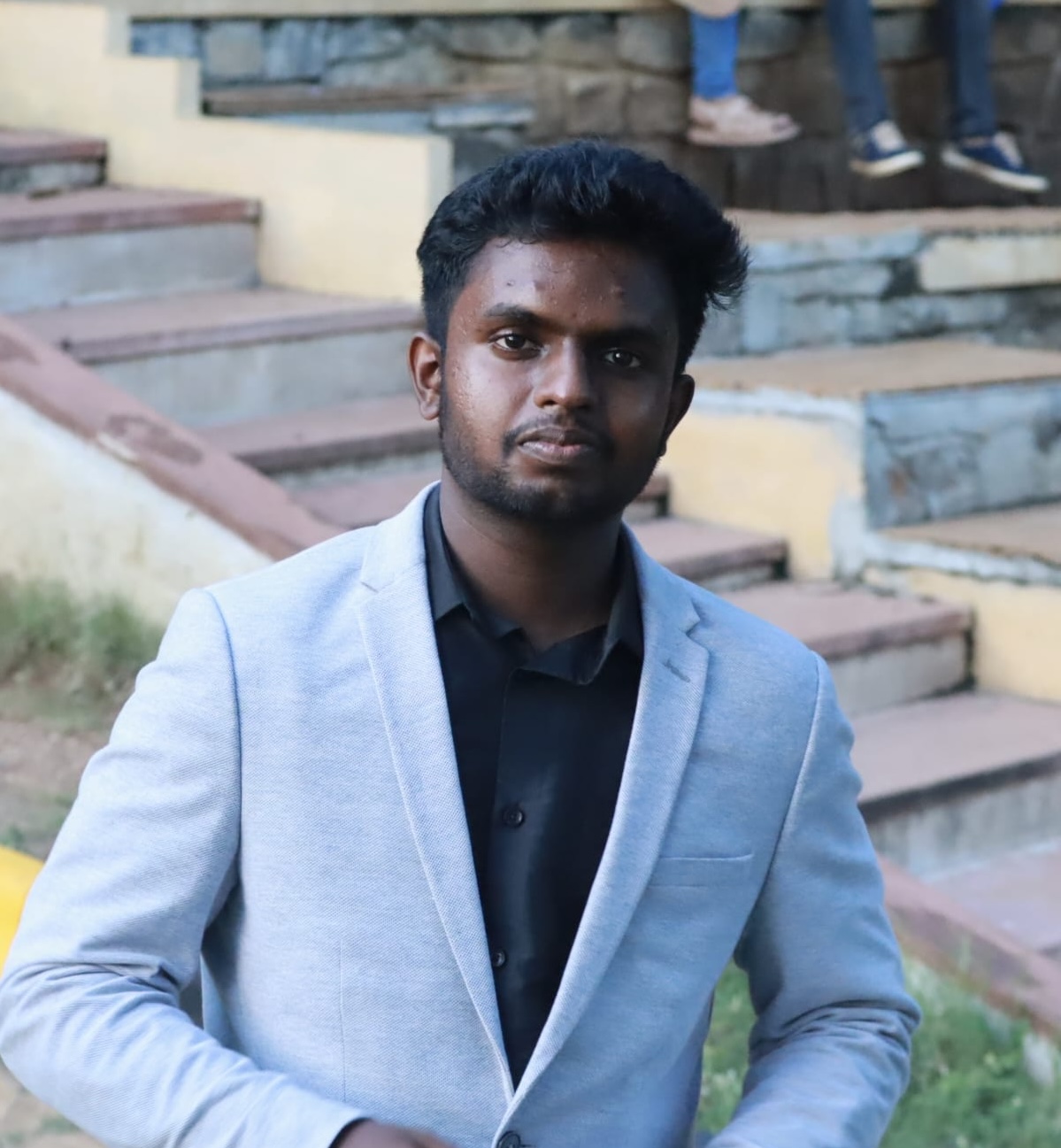
Giridhar Sunil, B.Tech
MaSc candidateGiridhar Sunil is a MaSc candidate in the Electrical and Computer Engineering Department at Concordia University. His current research is focused on analysising the patterns in the synaptic and extrasynaptic connections of C. Elegans. He has expertise in Machine Learning and Deep learning, Software engineering, Data analysis and Computer Vision.

Leila Mousavi, BSc
Master’s StudentI am a MASc candidate in the Department of Electrical and Computer Engineering at Concordia University. My current research focuses on predicting multimodal brain connectomes using graph neural networks: a unified approach for neuroimaging and Alzheimer’s disease.
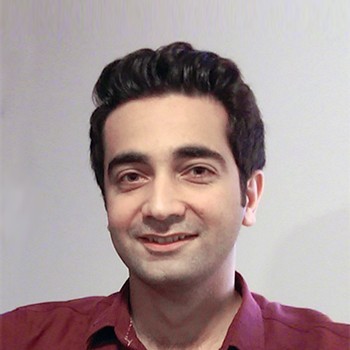
Mostafa Sharifzadeh, MSc
PhD candidateM. Sharifzadeh is currently pursuing his Ph.D. degree in Electrical and Computer Engineering with Concordia University, Montreal, QC, Canada, co-supervised by Dr. Habib Benali and Dr. Hassan Rivaz. He is a member of IMage Processing And Characterization of Tissue (IMPACT), as well as Biomedical Imaging for Healthy Aging laboratories, and his current research is mainly focused on improving the performance of the ultrasound modality for biomedical applications by employing deep learning approaches.

Pierre Berroir, MSc.
PhD candidateNeurovascular coupling and blood flow physiological mechanisms in stroke
Former members and Alumni
Our collaborators
Where to find us
Contact
Habib Benali
Professor
Department of Electrical and Computer Engineering
Canada Research Chair in Biomedical Imaging and Healthy Aging
Member, Applied AI Institute
(514) 848-2424
habib.benali@concordia.ca

